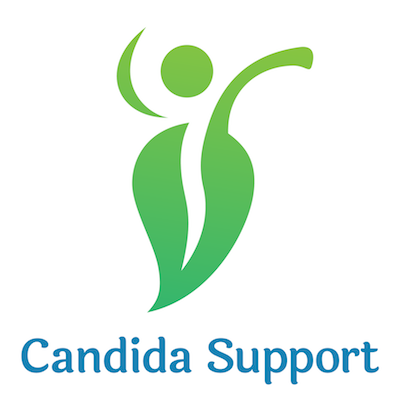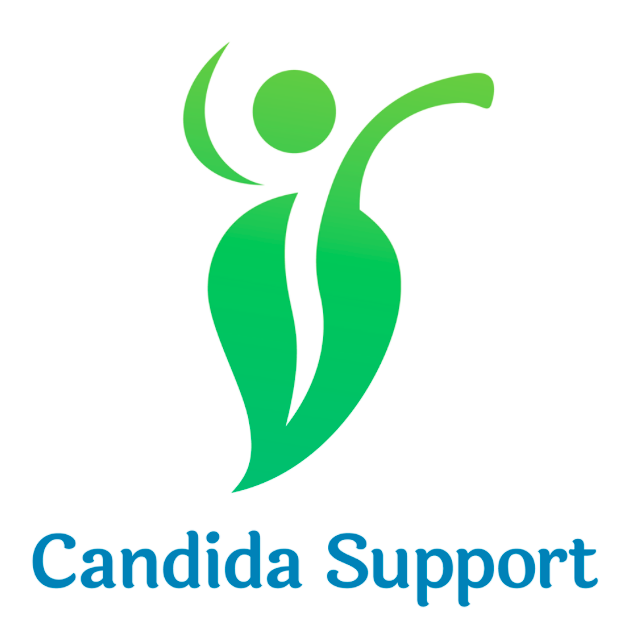Don’t Be SAD - Part I: How Treating Candida is Part of Addressing the Winter Blues
One of the symptoms of Candida yeast overgrowth can be depression.
“Hello darkness, my old friend,” say the Simon and Garfunkel lyrics. But for some people, the shorter, darker days of late fall and winter are anything but friendly. In fact, the gray days can pull down anyone whose mood is affected by the lack of sunlight.
A significant proportion of the population who live in the Northern Hemisphere suffer from Seasonal Affective Disorder or SAD. This can manifest as increased tiredness, lack of motivation, body aches, and a lack of “joy” in life.
New studies have shown a strong connection between the health of the gut and the health of the brain. Researchers are even using the term “second brain” when referring to the gut. It makes sense that cleaning up our Candida and rebalancing the healthy microbiome will help with depression symptoms. We are here to support you in that journey.
But sometimes, as winter looms, having a healthy gut is not enough.
If you find yourself unable to carry out normal activities or have thoughts of suicide, PLEASE seek professional help. If you are currently on medication for depression, DO NOT quit taking it without guidance from a physician or counselor.
But if your depression symptoms are mild to moderate, your friends at Candida Support can offer a few suggestions to help you make it through the dark days ahead.
In this two-part blog post, we’ll start with diet and supplementation.
Foods to avoid
As you may know by now, using our Candida fighting products, ThreeLac™ and Candizolv™, will relieve you of needing to stay on the very restrictive Candida Diet. However, if you have Candida, there are still certain things we suggest you avoid or use only in great moderation.
These are just part of a healthy, common-sense diet: take it easy on the sugar, alcohol, and refined carbohydrates.
• Sugar
We know that sugar feeds Candida.
Sugar, as well as being "Kryptonite for Candida sufferers," produces inflammation in the body. Inflammation’s negative effects have been linked to everything from heart disease to cancer. Studies have also shown that sugar has a definite effect on our state of mind.
Mark Hyman, MD, writes “Researchers have suggested calling depression ‘metabolic syndrome Type II’ because instead of just having a fat swollen belly, you also get a fat swollen (and depressed) brain. Psychiatrists are starting to treat depression and psychiatric disorders with anti-diabetic drugs... [that] lower blood sugar, lower insulin, and reduce inflammation."
• Refined Carbohydrates
The body immediately breaks down Refined Carbohydrates (anything made with white flour: baked goods, cookies, Twinkies) to ACT LIKE SUGAR (see above!)
• Alcohol
Alcohol (as well as marijuana – even medical) and many “calming” pharmaceuticals are in the class of “depressive” substances. If you are experiencing depression, discuss use of these substances with your doctor.
The body also uses alcohol as a sugar, much like refined carbs. Alcohol, sugar and refined carbohydrates all use up the body’s B vitamins, which can also lead to depression (more about B6, below).
Food and Supplements That May Ease Depression
• Vitamin D
This essential nutrient is often called “the sunshine vitamin” because the human body creates it as a natural response to sunlight. It helps your brain’s neurotransmitter produce serotonin, an essential element to keeping your mood stabilized. What if you live in an area where the sun goes into hiding for 8 or 9 months a year, and/or, exposed skin is an invitation to frostbite!?
Many foods contain Vitamin D, including fatty fish (tuna, mackerel, salmon), cod liver oil, D-fortified foods (some dairy products, orange juice, soy milk and cereals), beef liver, cheese and egg yolks.
The only problem with the “D” foods above is they are all based on animal products. Not a problem for the omnivore, but what about vegetarians or vegans? We have you covered there with our Vegan Vitamin D.
It is good to monitor your vitamin D levels several times a year, both to ensure that you aren’t deficient and to avoid (in very rare cases) having too much Vitamin D. A doctor can keep an eye on your vitamin D ng/dL (nanograms per deciliter) with a simple blood test, and then decide what is optimal for you.
Between 40 and 80 ng/dL is usually considered “normal”. If supplements are called for, most people can start with 1,000 mg a day, although some people need up to 5,000-8,000 mg a day during the winter months.
Again, follow your physician’s recommendations.
• Vitamin B6
Vitamin B6, or pyridoxine, is another nutrient that helps the body manufacture serotonin. It supports the adrenal glands, the “fight or flight” part of your endocrine system. The adrenal glands can get fired up and worn down by relentless stress, resulting in “adrenal exhaustion” and depression.
Andrew Weil, M.D. recommends 50 mg per day of Vitamin B6 in a multiple B supplement (this is because the B vitamins work synergistically). “Good food sources of vitamin B6,” according to Weil, “include brewer’s yeast, bananas, cereal grains, legumes, vegetables (especially carrots, spinach and peas), potatoes, milk, cheese, eggs, fish and sunflower seeds.”
The current maximum recommendation for Vitamin B6 intake is 100 mg/day. For very short periods of time (a week or two), higher amounts of B6 can be taken to raise serotonin levels. Too much over a long period of time can lead to toxicity, so larger amounts should be given only under the supervision of a healthcare provider. Because there are several pharmaceutical drugs that interact with B6, check with a doctor or pharmacist before adding it in supplement form.
• St. John’s Wort
In Europe, physicians and psychologists have used the herb St. John’s Wort for many years to treat mild to moderate depression and anxiety. Doctors in the U.S. are starting to recognize this herb’s effectiveness and are sometimes willing to let patients try it before prescribing pharmaceutical anti-depressants. The usual dosage is 300 mg, 3 times a day. It is easily obtainable in health food stores and even in most pharmacies and supermarkets.
In some people, St. John’s Wort increases sensitivity to light, so wear a sunblock if you will be outdoors. It is a mild blood thinner, so should not be taken if you are taking blood thinners or before surgery. There are a number of medications that interact with St. John’s Wort, so if you are on a medication, ask a pharmacist or doctor is it is alright to take this. It may possibly decrease the effectiveness of some medications, including estrogen-based birth control.
Click here for Part Two of this blog post where we will offer more ideas for beating the winter blues.




